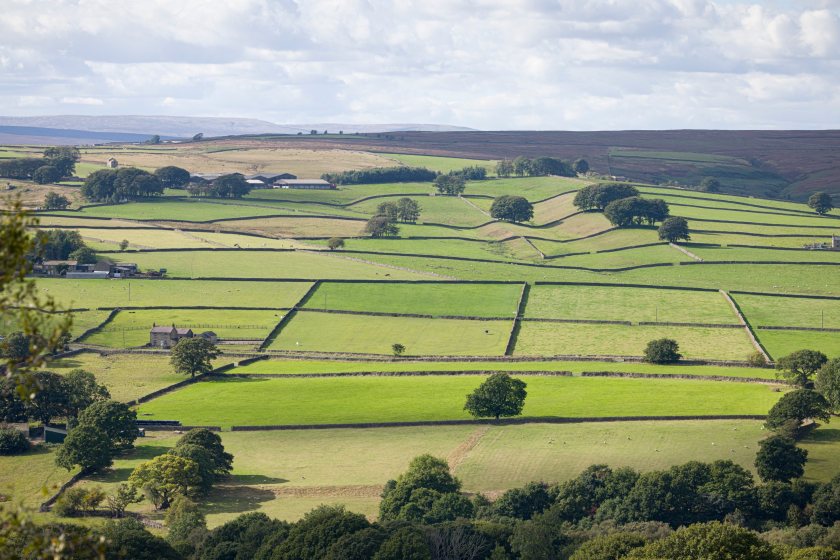
The government has announced a new £7m fund to boost rural areas following Tory concern over recent polling showing a decline in countryside support for their party.
One measure included in the new package of support aims to test out new ways to bring together satellite, wireless and fixed line internet connectivity to the most remote areas of the UK.
Making the announcement today (6 June), Defra said it would help support farmers and tourism businesses to access "lightning fast, reliable connectivity".
The results of the new approaches would also help rural businesses in trial areas make the most of new agri technologies by improving connectivity on their land, Defra added.
The government said it would also consult on making it easier for farmers to change their redundant agricultural buildings into family homes by cutting red tape.
The new measures come as the government seeks to boost rural areas after recent polling showed that swathes of the Conservatives 'rural wall' are defecting to Labour.
Polling of more than 1,000 people in England’s 100 most rural constituencies revealed a fall of 18% in Tory support and a Labour surge of 16%.
The survey, by the Country Land & Business Association (CLA) and Survation, revealed mounting frustration with economic policy and cost-of-living ‘premium’ affecting rural communities.
Rural areas contribute 15% to England’s economy, which amounts to over £250 billion of the national GDP.
But Prime Minister Rishi Sunak said the government had pledged to "build a better future for people in this country, and our rural communities are right at the heart of that promise".
He said: “I’m determined to make sure that their interests are front and centre of all our work to grow the economy and strengthen our communities – so that every part of our country gets the support it needs to thrive.”
To boost the supply of new affordable housing to rent or buy in rural areas, the government also said it would would create a network of new “Rural Housing Enablers” to act as honest brokers between developers and communities.
Backed by £2.5 million of funding, they will help to identify sites with local support for development and in keeping with the local area.
And new funding for the NPCC’s new national rural crime unit has been announced, to help combat the recent surge in countryside crime.
Defra Secretary Thérèse Coffey said: “This government is committed to making sure that the needs of people and businesses in rural areas are at the heart of policymaking.
"We want to go further in unleashing that potential and support people in rural areas to build the sustainable future they want to see.
"Unleashing Rural Opportunity sets out what we have already delivered for rural communities and new initiatives to build on that record.”
What are the other measures announced today?
Split across four themes of housing, communities, connectivity and growth, the plan also includes:
• Review how deprivation in rural areas is measured so that it is better understood and taken into account in decision making – ensuring the interests of rural communities are better represented.
• Legislate by the summer to increase fly-tipping and litter penalties and consult key stakeholders on ringfencing the use of these fines to fund further action on fly-tipping.
• Support electricity infrastructure in rural areas, making sure it keeps up with the changing needs of consumers for example, to support the electrification of heating and EV charging by publishing further plans to accelerate electricity network connections.
• Consult shortly on a new fund to help smaller abattoirs to improve productivity and enhance animal welfare, aiming to open a fund for applications later this year.
• Consult on planning changes to make agricultural development more flexible for farmers so they can amend their existing agricultural buildings to make them more productive more easily.
